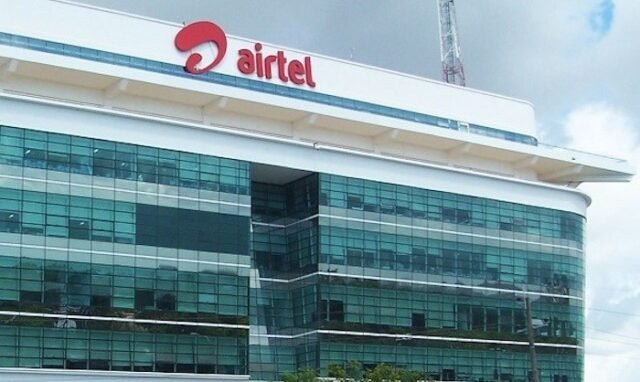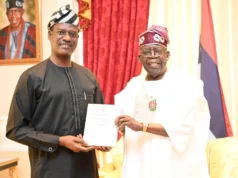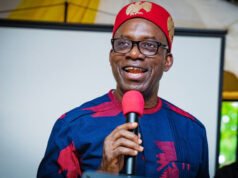In a landmark move that promises to reshape the educational landscape, Airtel Nigeria has officially joined the National EdTech Strategy Technical Working Group (TWG). This initiative, spearheaded by the Federal Ministry of Education, forms a crucial part of President Bola Ahmed Tinubu’s “Renewed Hope Agenda for Education.”
At its heart, the EdTech Strategy seeks to bring much-needed cohesion to the deployment of technology across Nigeria’s schools, colleges, and learning institutions. By crafting a unified framework, the scheme envisions inclusive access, robust collaboration among diverse stakeholders, and a sustainable development path. The blueprint outlines a committed 3- to 5-year roadmap to fast-track the integration of digital learning tools and platforms nationwide.

Table of Contents
Driving Digital Inclusion: Airtel’s Commitment to the Classroom
Airtel Nigeria’s induction into the TWG isn’t just ceremonial—it reflects the company’s steadfast mission to extend digital inclusion and enrich educational access across the country. According to publicly available figures, Airtel has already connected more than 1,260 schools and impacted over 800,000 learners through its partnership with UNICEF under the “Reimagine Education” initiative.
Moreover, Airtel is an active contributor to the broader Renewed Hope Digital Skills Bridge, an effort designed to prepare young Nigerians with the skills demanded by evolving job markets and technological advancements.
In a statement encapsulating their vision, “We look forward to working with the government and partners in shaping an education system where technology empowers every learner, everywhere,” Airtel Nigeria affirmed.
Why This Matters: A More Equitable, Future-Ready Education System
What makes this collaboration particularly significant is the potential transformation it brings:
- Inclusivity at Scale
By drawing in a major telecom like Airtel, the EdTech TWG underscores a commitment to reaching underserved communities—particularly those outside major urban centres where digital infrastructure remains fragile. - Stakeholder Synergy
The success of any national education strategy hinges on multi-sectoral collaboration. Involving both public and private actors ensures access to expertise, resources, and implementation insights that can accelerate impact. - Sustainability & Long-Term Vision
Education reform takes time. The 3–5 year road map offers stability and sets expectations—not just for what’s to be achieved, but how, when, and by whom. This kind of clarity can guide both policymakers and private partners alike. - Strengthening Human Capital
Initiatives like the Digital Skills Bridge align with broader national ambitions such as the 3 Million Technical Talent (3MTT) Programme, which targets cultivating Nigeria’s tech workforce by 2027.
Together, these coordinated efforts hint at an education system designed not just for today’s learners, but for tomorrow’s innovators and global competitors.

Looking Ahead: What to Watch Next
As Airtel Nigeria steps into its TWG role, several developments will be worth tracking:
- Implementation Milestones
How will Airtel and the Ministry of Education translate strategy into reality? Which states or regions will be prioritised? What digital tools—hardware, platforms, online resources—are being rolled out first? - Measurable Outcomes
Will the initiative deliver on metrics such as learner engagement, improved learning outcomes, teacher capacity, or ICT infrastructure uptime? Transparency around goals will build trust and gauge progress. - Youth Empowerment & Economic Growth
With digital literacy increasingly tied to employability, these reforms have the potential to build pathways to quality jobs in tech, creative industries, and the digital economy. - Partnership Expansion
Will other telecoms, EdTech startups, or development partners follow Airtel’s lead, joining the TWG or anchoring similar projects? Broader stakeholder involvement could amplify reach and deepen impact.

Conclusion
Airtel Nigeria’s participation in the National EdTech Strategy Technical Working Group marks a bold stride towards modernising education in Nigeria. By aligning corporate capacity with policy ambition, we’re looking at a future where technology empowers every learner—from the urban school to the remote village classroom. This could well be the beginning of a digitally equitable education revolution, driven by collaboration, continuity, and commitment.
Join Our Social Media Channels:
WhatsApp: NaijaEyes
Facebook: NaijaEyes
Twitter: NaijaEyes
Instagram: NaijaEyes
TikTok: NaijaEyes





